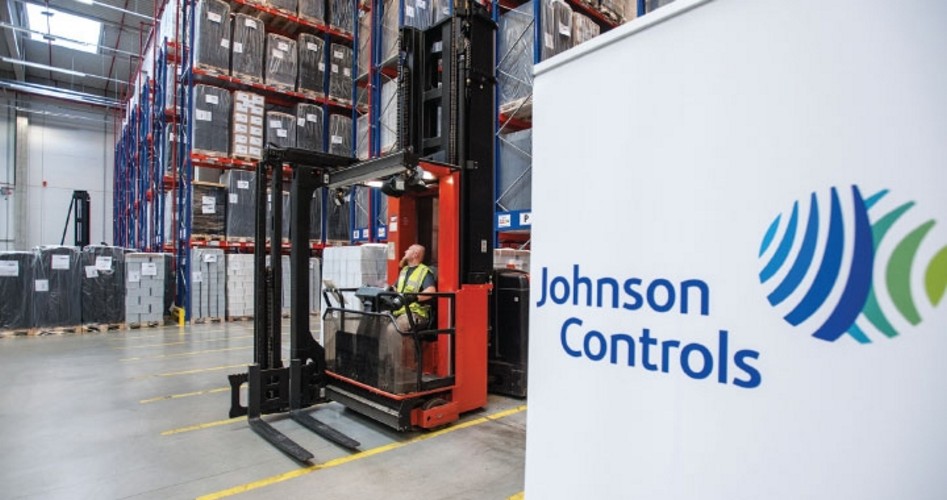Business Taxes Are Bad Business
It is a fundamental principle of economics that when you subsidize something, you get more of it, and when you tax something, you get less of it. As a result, by taking a relatively large share of business income in taxes, the U.S. government tends to penalize productive activity. Before the 2012 presidential election, the top statutory corporate income tax rate, which includes both the federal and the average state corporate income tax rates, was more than 39 percent in 2011, the second highest in the industrialized word, behind only that of Japan.
Until the 1980s, corporate income tax rates in the “social democracies” exceeded America’s corporate income tax rate. At that point, virtually all of the nations that the United States competes against, even the most socialist of the lot, such as Sweden, began to come to the conclusion that, if they wanted to prosper in a global marketplace, penalizing entrepreneurship in this way was not a good idea. To attract business, the corporate income tax rates in those countries began to decline. The United States lowered its top corporate income tax rate one time, in 1986, but then raised it again in 1993, even though by that time the industrialized world average had dropped below that of the United States.
The corporate income tax rate became a topic of discussion in the lead-up to the 2012 presidential election, as President Barack Obama and Republican candidate Mitt Romney put forth their preferred policies. According to the February 2012 “President’s Framework for Business Tax Reform,” released jointly by the White House and the U.S. Treasury Department, the United States should have “[reduced] the top corporate tax rate from 35 percent to 28 percent.” Romney’s budget plan called for reducing the top corporate income tax rate to 25 percent to “jumpstart the economy,” since the economic recovery from what has been called “The Great Recession” of 2007-2009 had been the most anemic post-recession recovery in U.S. history.
JBS Member or ShopJBS.org Customer?
Sign in with your ShopJBS.org account username and password or use that login to subscribe.

 Subscribe Now
Subscribe Now
- 24 Issues Per Year
- Digital Edition Access
- Exclusive Subscriber Content
- Audio provided for all articles
- Unlimited access to past issues
- Cancel anytime.
- Renews automatically

 Subscribe Now
Subscribe Now
- 24 Issues Per Year
- Print edition delivery (USA)
*Available Outside USA - Digital Edition Access
- Exclusive Subscriber Content
- Audio provided for all articles
- Unlimited access to past issues
- Cancel anytime.
- Renews automatically


